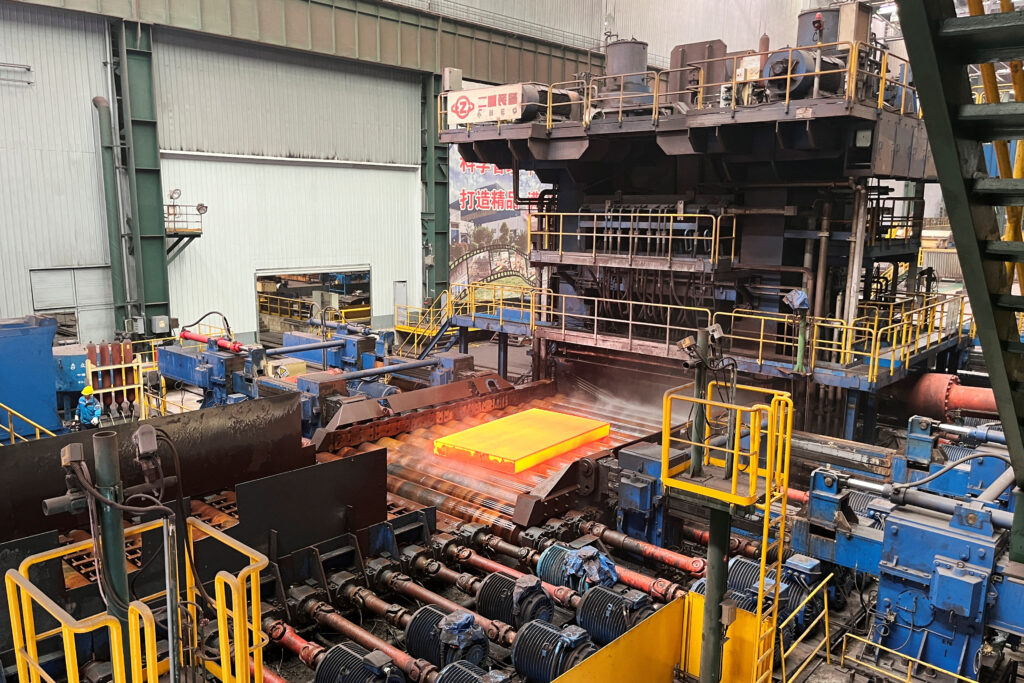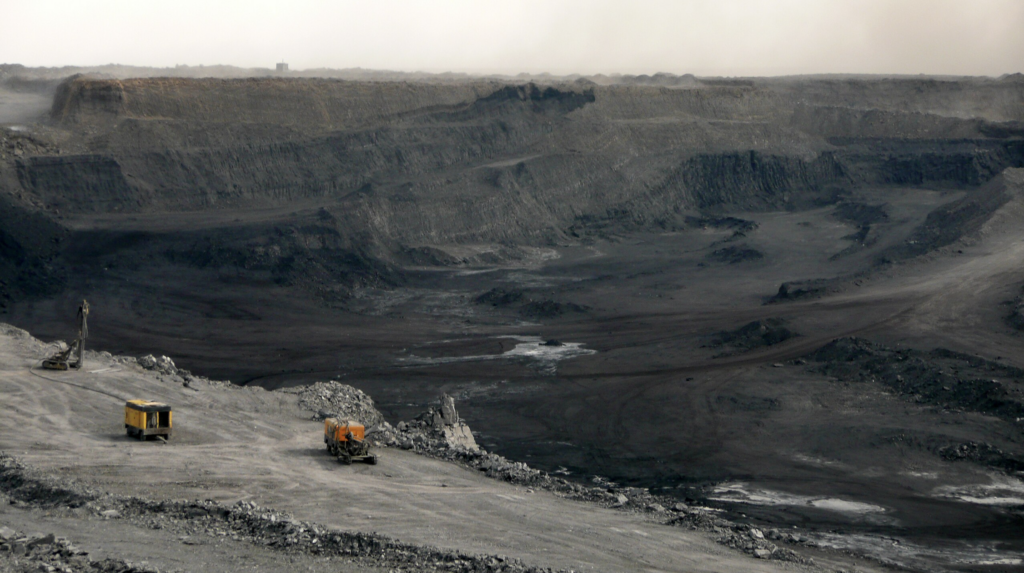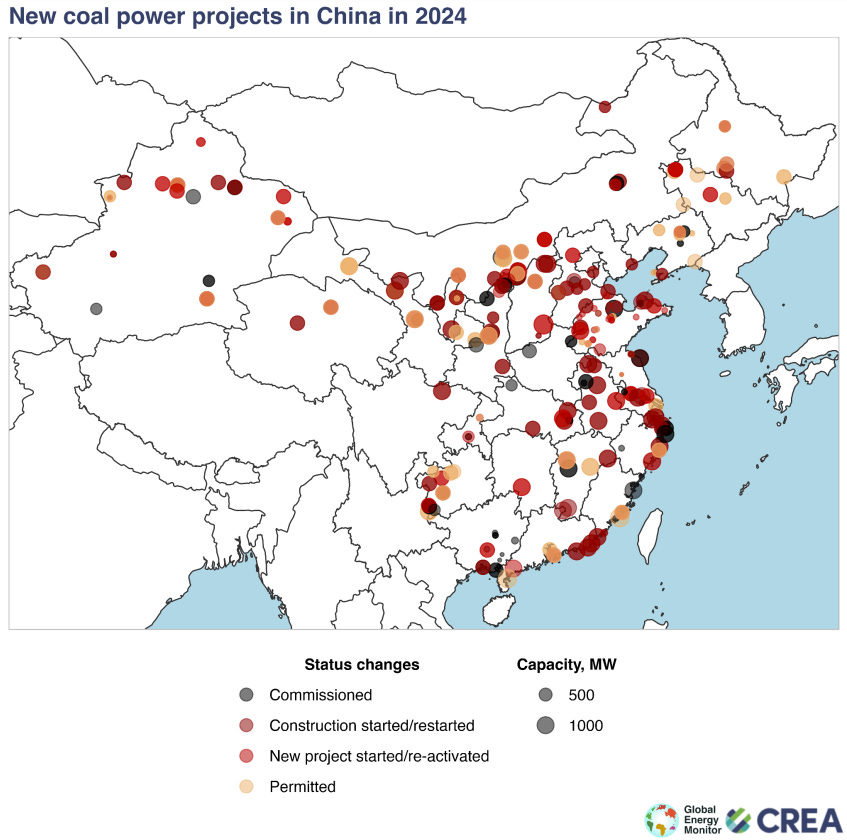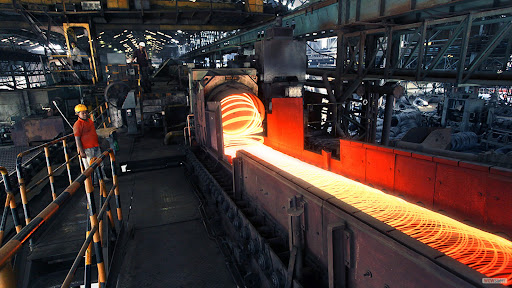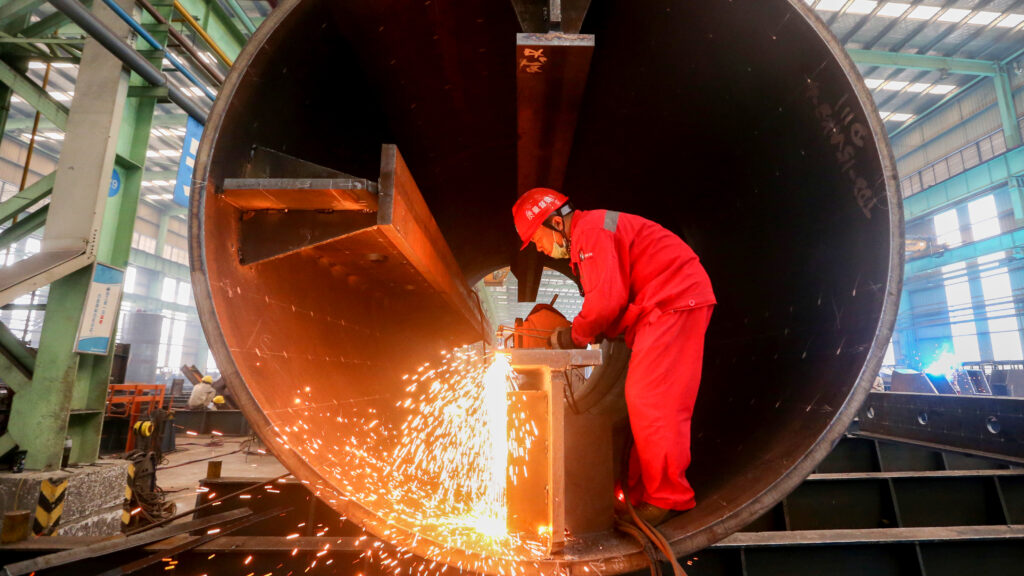Chinese prices of metallurgical coke are likely to decrease in the first half of January as steel mills become less active in purchasing steelmaking inputs while their losses persist. However, the decline is not expected to be steep, and there might even be a moderate rebound later in the month if end buyers resume replenishment, Mysteel’s latest monthly report on coke suggests.
Starting just two months ago, as Mysteel Global reported, domestic independent coke makers had successfully persuaded their customers to pay Yuan 300-330/tonne ($42-46/t) more for their coke, with the total increment helping to lessen their financial burden and enabling them to resume production.
Mysteel’s survey among 30 merchant coke producers nationwide showed that as of December 29, they were earning Yuan 51/t on week when selling met coke, a notable improvement from the Yuan 18/t average loss reported on November 30.
Meanwhile, according to another survey, coke output among the 230 Chinese independent coke makers regularly sampled recovered in December. Daily coke production among the surveyed makers averaged at 554,400 tonnes/day as of December 20, up by 14,600 t/d from November 29, although the output subsequently edged down by 15,300 t/d to 539,100 t/d as of December 27.
However, the previous price hikes continued to squeeze the domestic steelmakers’ profit margins and more mills were forced to rein in their production last month, cooling their demand for coke.
This week citing “unbearable losses” which they blamed partly on high materials prices, leading steel mills in North China’s Hebei and East China’s Shandong announced they would clip their coke purchase prices by Yuan 100-110/t effective from January 3. Mysteel’s latest survey of ten integrated steel mills in Tangshan showed that as of January 4, they were losing a large Yuan 260/t when selling billets, as reported.
Despite the weak fundamentals in the current coke market, the report argued that several factors could prevent coke prices from declining very substantially during the remainder of the month.
Firstly, steel mills with low raw material inventories are expected to rebuild stocks, the report suggested, especially ahead of the Chinese New Year holidays which will fall on February 10. The steelmakers fear that adverse winter weather, together with the holiday break, might disrupt coke deliveries and run them short of feedstocks, and it’s this possibility of mills’ winter hoarding that may support coke prices, it indicated.
In fact, some steel mills began restocking coke in late December, with Mysteel data showing coke stocks at the 247 Chinese steel mills tracked nationwide reaching 6.11 million tonnes as of December 28, up by a large 331,200 tonnes from the previous week.
In addition, year-end maintenance work that steelmakers are conducting on their blast furnaces should gradually conclude by mid-January, after which their demand for coke would also likely recover. This too could provide additional support for coke prices, the report noted.
But it cautioned that if the restocking demand from mills falls short of market expectations, coke prices may become rangebound in the latter part of this month.
As of December 29, China’s national composite coke price under Mysteel’s assessment had jumped by Yuan 104.9/t on month to reach Yuan 2,502.5/t. However, the price subsequently declined by Yuan 86.8/t to Yuan 2,415.7/t as of January 3, including the 13% VAT, according to Mysteel’s database.

